Communism explained in 60 seconds: ideas that changed the world
How a radical new ideology revolutionised both politics and wider society
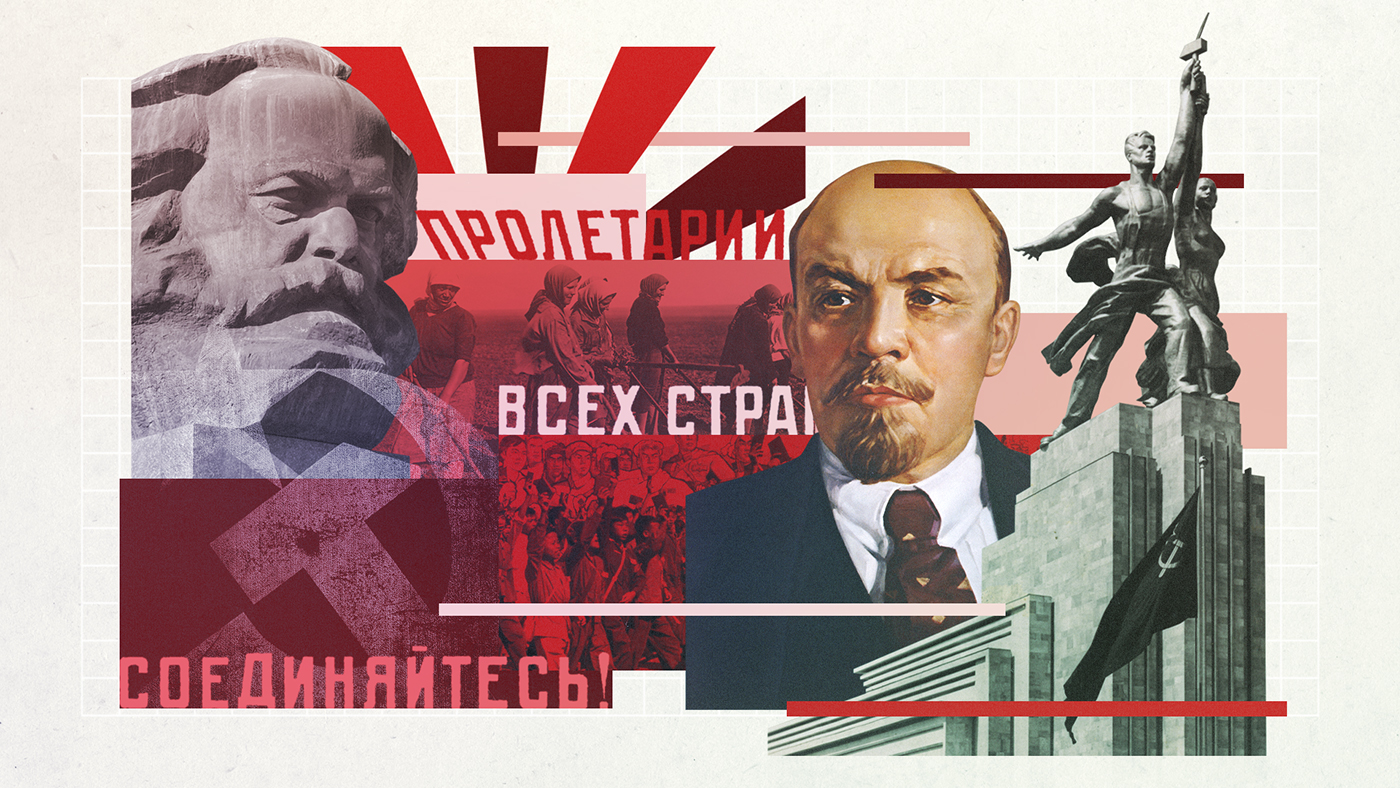
A free daily email with the biggest news stories of the day – and the best features from TheWeek.com
You are now subscribed
Your newsletter sign-up was successful
In this series, The Week looks at the ideas and innovations that permanently changed the way we see the world.
Communism in 60 seconds
Communism is a political and economic ideology that stands in contrast to capitalism’s “emphasis on profit and private ownership”, said National Geographic.
In a perfect communist society, the benefits of labour are shared equally, all property and wealth are communally owned, and the class system disappears. “The state owns the major resources…including property, means of production, education, agriculture and transportation”, for the benefit of the people as a whole rather than the profit of private owners, said the University of North Carolina’s Center for European Studies.
The Week
Escape your echo chamber. Get the facts behind the news, plus analysis from multiple perspectives.

Sign up for The Week's Free Newsletters
From our morning news briefing to a weekly Good News Newsletter, get the best of The Week delivered directly to your inbox.
From our morning news briefing to a weekly Good News Newsletter, get the best of The Week delivered directly to your inbox.
Communism is “one of the most influential economic theories of all times”, the university’s website said.
How did it develop?
Communism first took shape as a political ideology in 1848, when German academics Karl Marx and Friedrich Engels published “The Communist Manifesto”.
The pamphlet theorised that the working class - the proletariat - would soon rise up all over the world and reject their capitalist overlords - the bourgeoisie - ultimately moving towards a communist society.
The manifesto ends with the famous aphorism: “The proletariat have nothing to lose but their chains. They have a world to win...Working men of all countries, unite!”
A free daily email with the biggest news stories of the day – and the best features from TheWeek.com
Communism is often confused or conflated with socialism. Although the two ideologies share the goal of a classless society, socialists are generally open to working within the system and “bringing the free market under control [rather than] eliminating it completely”, explained Encyclopaedia Britannica. Marxist philosophy views socialism as a transitional step on the path to pure communism.
In his three-volume tome “Capital”, Marx offered an in-depth economic and social critique of capitalism, rather than a blueprint for revolution. The practicalities of establishing and running a communist state would fall to the likes of Vladimir Lenin, Leon Trotsky, Joseph Stalin and Mao Zedong, all of who lend their names to different schools of communist thought.
In 1917, Russia became the first country to put the communist experiment into practice, when Lenin’s Marxist Bolshevik movement overthrew the Tsarist regime and established the Union of Soviet Socialist Republics, or USSR. It would become “one of the biggest and most powerful nations in the world, occupying nearly one-sixth of Earth’s land surface”, said History.com.
Initial idealism quickly turned into something darker, as Lenin unleashed the Red Terror, a campaign of mass repression designed to eliminate political opponents and crush dissent.
When Joseph Stalin came to power following Lenin’s death in 1924, he showed a similar ruthlessness in cementing his total control. Between 1936 and 1938, as many as 1.2 million Russians were executed in what became known as the Great Purge.
The development of a vast police state created a climate of oppression, paranoia and fear, with those suspected of opposing the regime at risk of execution or exile to slave labour camps known as gulags.
Why did it fail?
No other Russian leader ever approached comparable levels of brutality after Stalin’s death in 1953, but state surveillance, censorship and repression continued throughout the USSR.
By the 1980s, Soviet Russia’s economy was in tatters, and “many people were considerably poorer than the poorest people in the capitalist West”, explained History Hit. “The population were tired of the widespread corruption, and dissatisfied with the police state and censorship.”
When Mikhail Gorbachev became leader of the USSR in 1985, he sought to reverse the economic decline and gave new freedoms to the people and the press. “The state lost media control and democratic reform movements grew throughout the Soviet bloc,” History Hit added.
In 1987, US President Ronald Reagan gave his famous speech in Berlin calling on Gorbachev to “tear down this wall”. Two years later the Berlin Wall fell, and one by one, Eastern European countries began rejecting communist rule.
“A wave of optimism swept across Europe,” said the Pew Research Center. “By 1990, the former communist leaders were out of power, free elections were held, and Germany was whole again,” the US Office of the Historian added.
How did it change the world?
“What started in 1917 Russia became a global revolution, taking root in countries as far flung as China and Korea to Kenya and Sudan to Cuba and Nicaragua,” said History.com.
All were plagued by similar issues to those seen in Soviet Russia. In China, Chairman Mao Zedong’s attempt to force the agrarian Chinese economy into a “Great Leap Forward” resulted in tens of millions of deaths from starvation.
At the end of the Second World War, the Soviet Union turned its focus to expanding its influence over the rest of the world - setting the stage for the Cold War, an ideological battle between the capitalist US and the communist Soviet Union.
Although the much-feared nuclear armageddon never occurred, the two powers squared up indirectly by backing opposing sides in conflicts around the world.
The legacy of these so-called proxy wars - which include the Korean War, the Vietnam War and the Algerian War of Independence - continues to shape geopolitics today. The Arab-Israeli conflict, China’s repression of its Uighur minority and the communist insurgency in the Philippines are just a few of the present-day conflicts that can be traced back to the earlier conflicts.
The collapse of the Soviet Union marked the end of communism as a dominant political ideology. However, a handful of states - China, Cuba, Vietnam, Laos and North Korea - continue to adhere to some form of communism.
And even though the doctrine of communism has largely disappeared from mainstream discourse, its worst excesses are still inspiring modern-day dictators. Contemporary Russia and China are among the nations that still employ “soft” forms of repression. Vladimir Putin had ambitions of restoring “the glory days of the Soviet Union” when he invaded Ukraine in 2022, said Politico.
“Revolutionary and murderous in its early stages, the Soviet system evolved into a practical methodology for the control of human beings,” said Freedom House.
“Thus the legacy of communism endures, not in its ideological tenets of socialism and human equality … but in its identification of democracy and individual freedom as the foes that the machinery of the state must be organised to suppress,” concluded the US-based international watchdog.
Rebecca Messina is the deputy editor of The Week's UK digital team. She first joined The Week in 2015 as an editorial assistant, later becoming a staff writer and then deputy news editor, and was also a founding panellist on "The Week Unwrapped" podcast. In 2019, she became digital editor on lifestyle magazines in Bristol, in which role she oversaw the launch of interiors website YourHomeStyle.uk, before returning to The Week in 2024.
-
 Bad Bunny’s Super Bowl: A win for unity
Bad Bunny’s Super Bowl: A win for unityFeature The global superstar's halftime show was a celebration for everyone to enjoy
-
 Book reviews: ‘Bonfire of the Murdochs’ and ‘The Typewriter and the Guillotine’
Book reviews: ‘Bonfire of the Murdochs’ and ‘The Typewriter and the Guillotine’Feature New insights into the Murdoch family’s turmoil and a renowned journalist’s time in pre-World War II Paris
-
 Witkoff and Kushner tackle Ukraine, Iran in Geneva
Witkoff and Kushner tackle Ukraine, Iran in GenevaSpeed Read Steve Witkoff and Jared Kushner held negotiations aimed at securing a nuclear deal with Iran and an end to Russia’s war in Ukraine
-
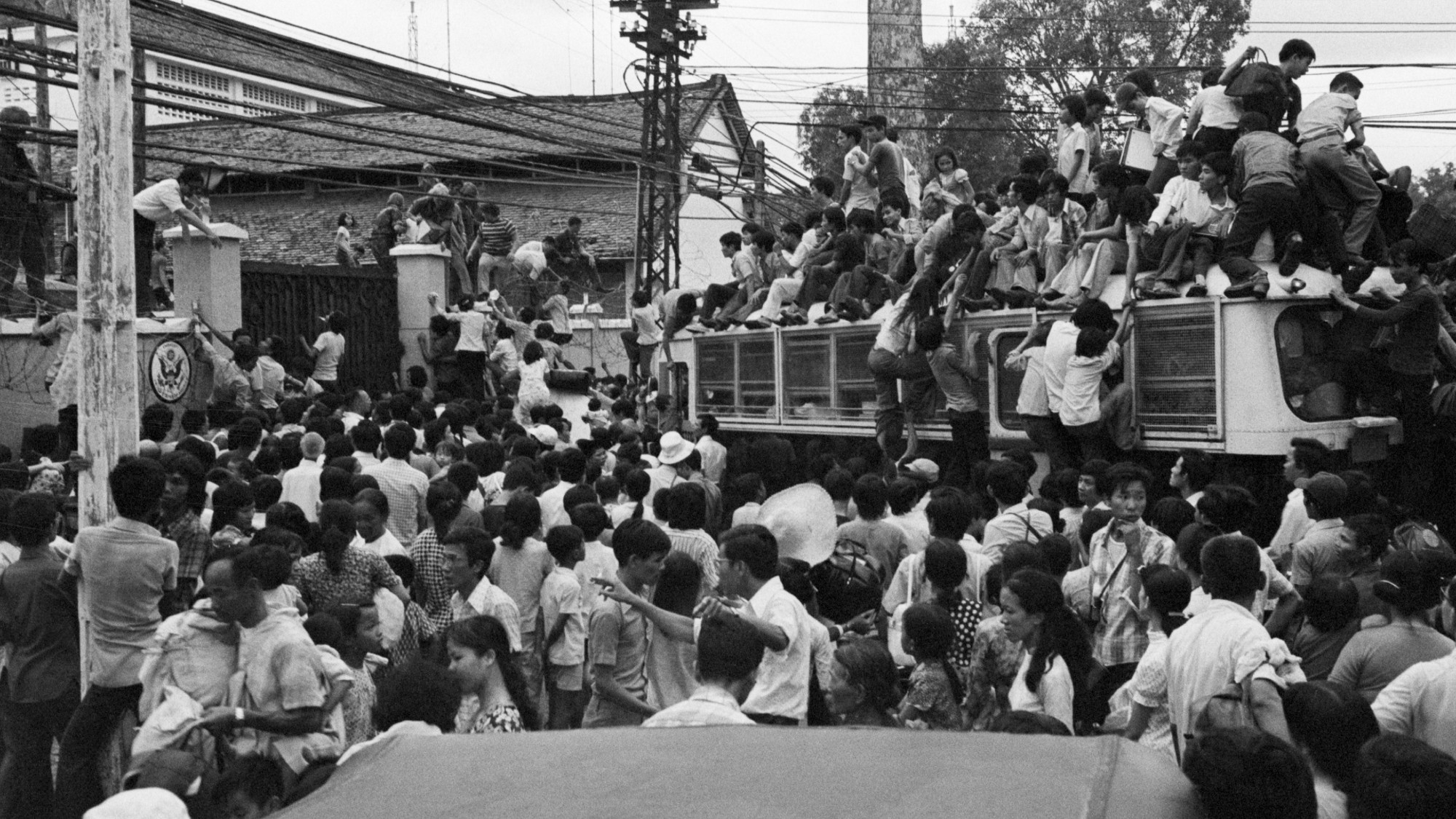 The fall of Saigon
The fall of SaigonThe Explainer Fifty years ago the US made its final, humiliating exit from Vietnam
-
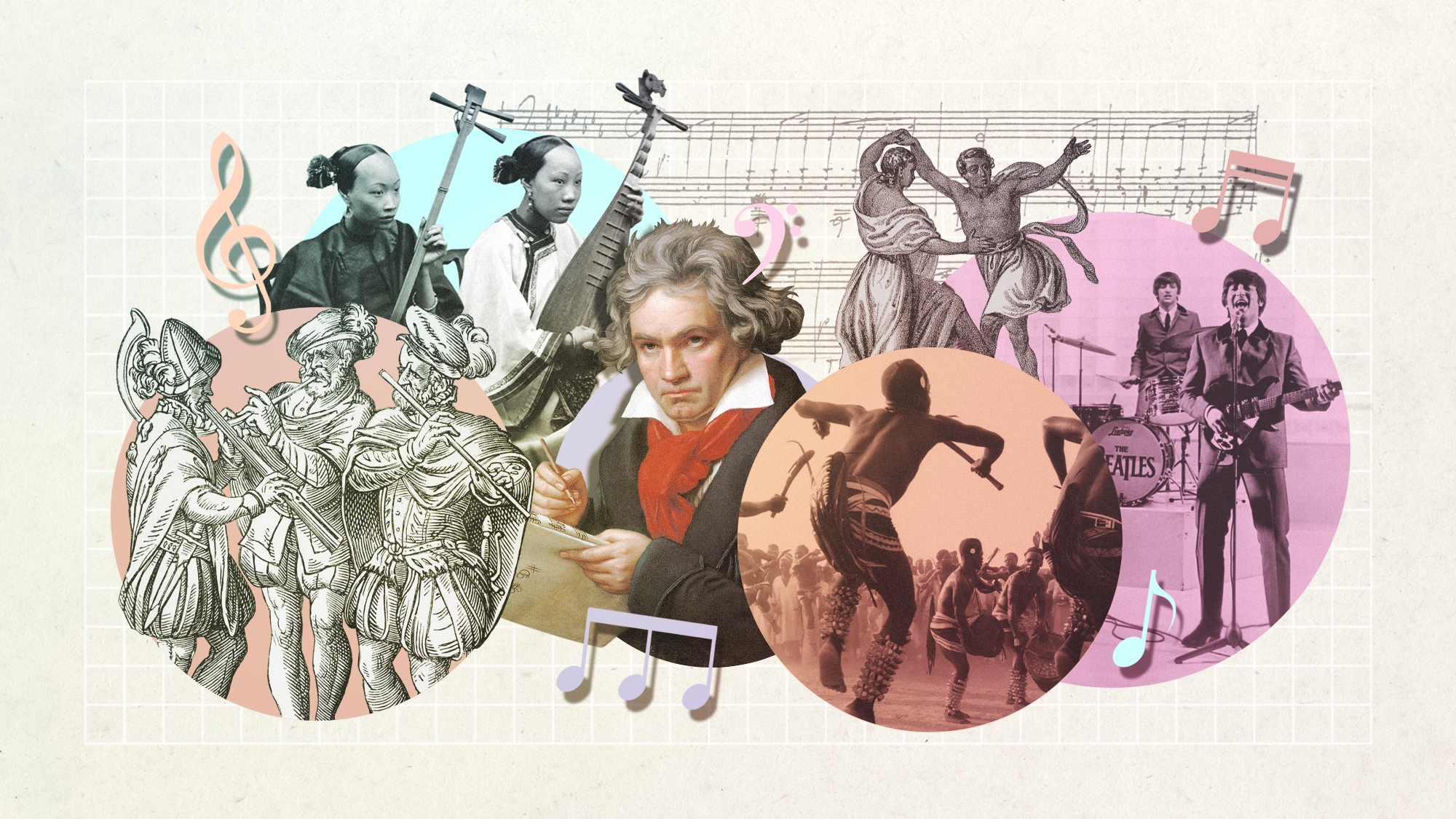 Music explained in 60 seconds: ideas that changed the world
Music explained in 60 seconds: ideas that changed the worldIn Depth This emotive but hard-to-define art form has played a pivotal role in human evolution
-
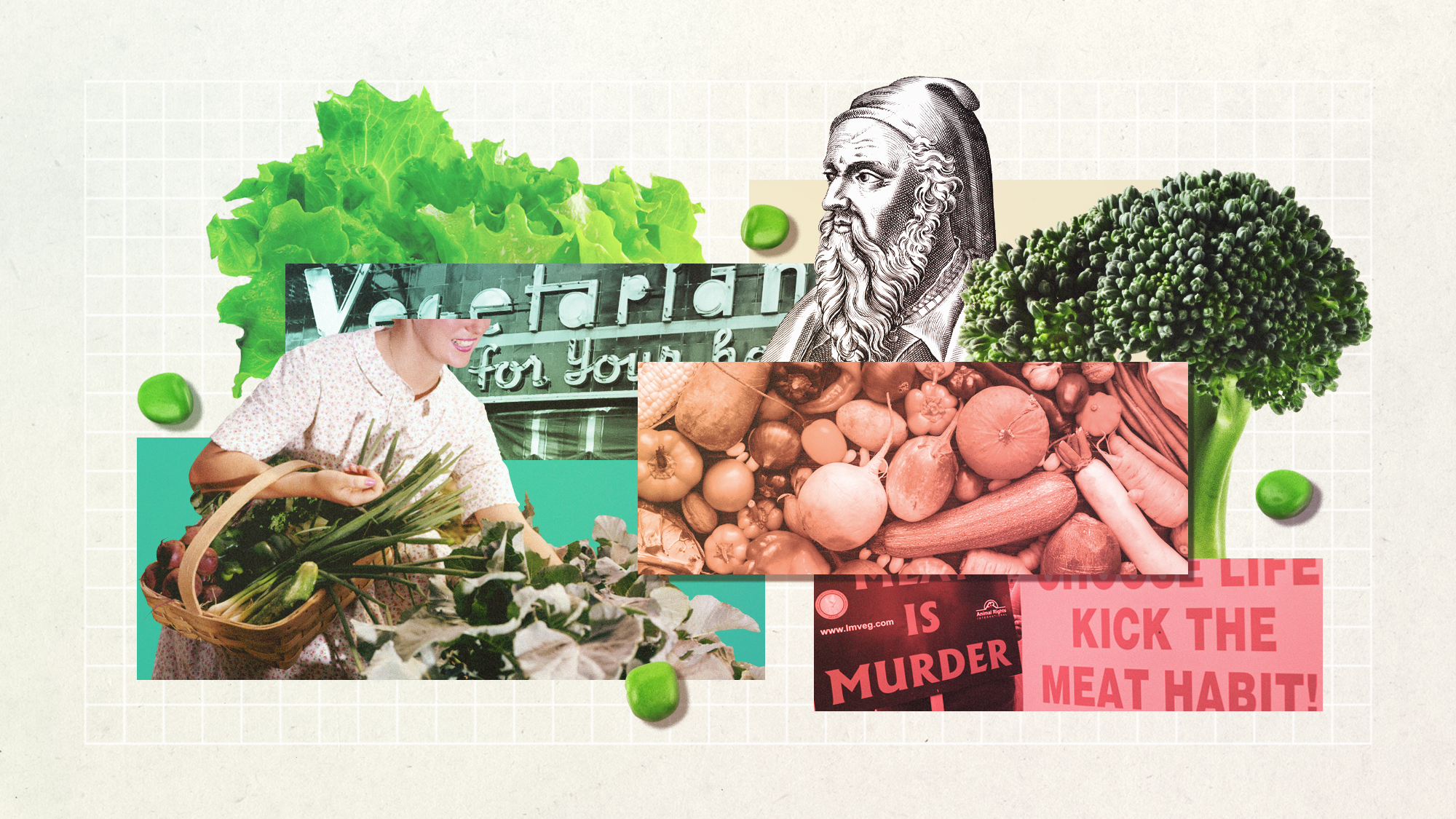 Vegetarianism explained in 60 seconds: ideas that changed the world
Vegetarianism explained in 60 seconds: ideas that changed the worldIn Depth How meat-free diets went from religious abstention to global sustainability trend
-
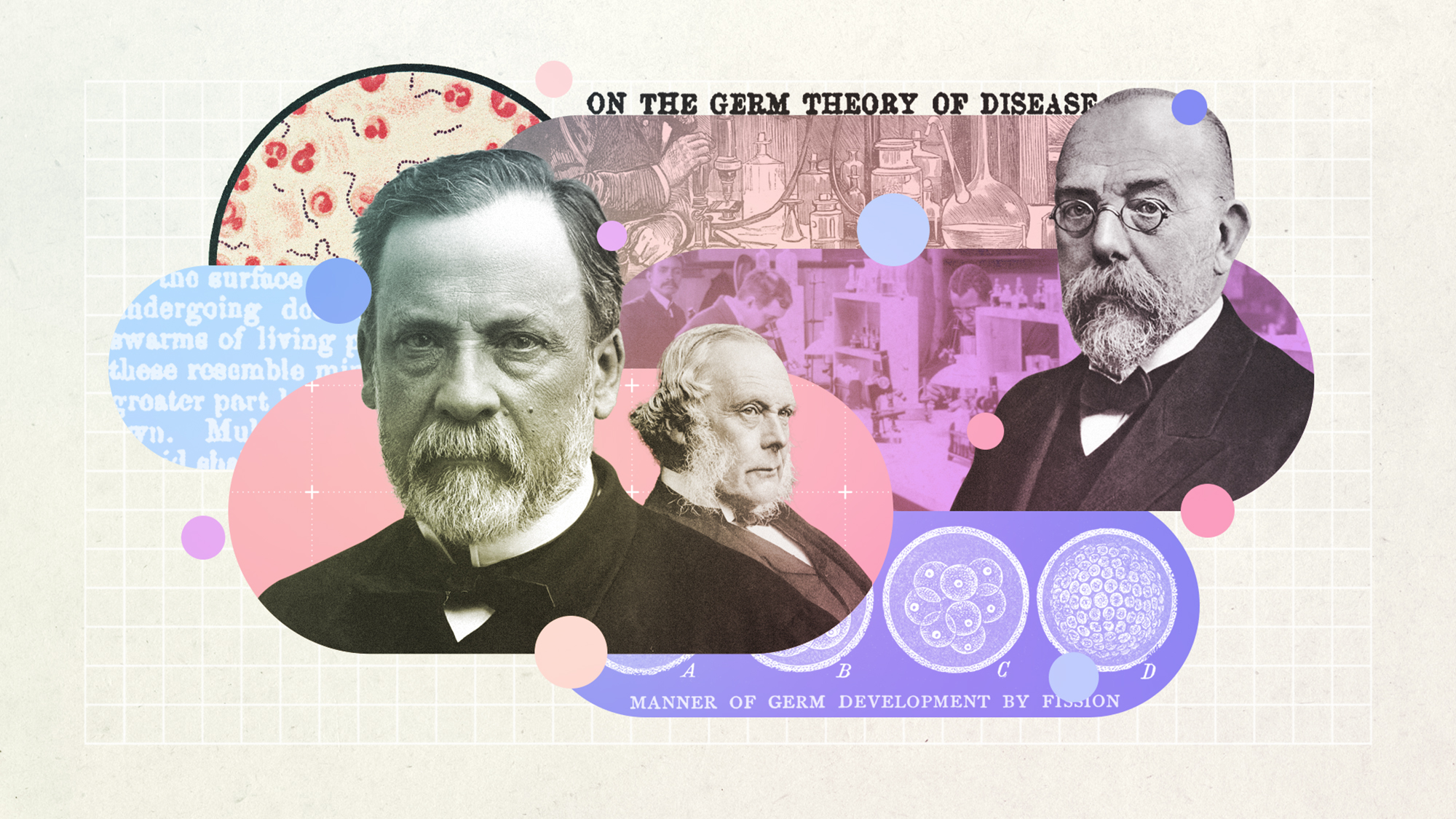 Germ theory in 60 seconds: ideas that changed the world
Germ theory in 60 seconds: ideas that changed the worldIn Depth How a new understanding of bacteria revolutionised medicine
-
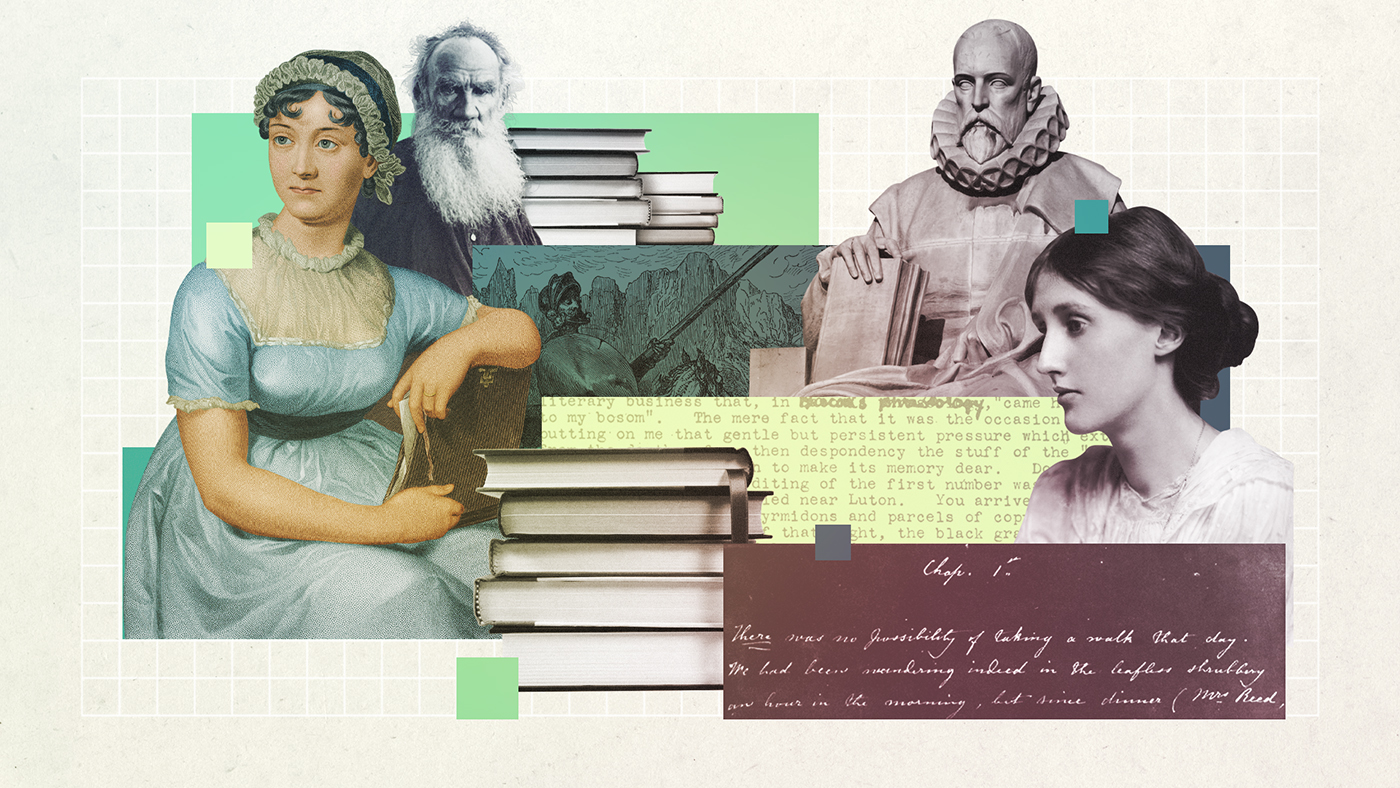 The novel explained in 60 seconds: ideas that changed the world
The novel explained in 60 seconds: ideas that changed the worldIn Depth How a new way of portraying existence transformed literature
-
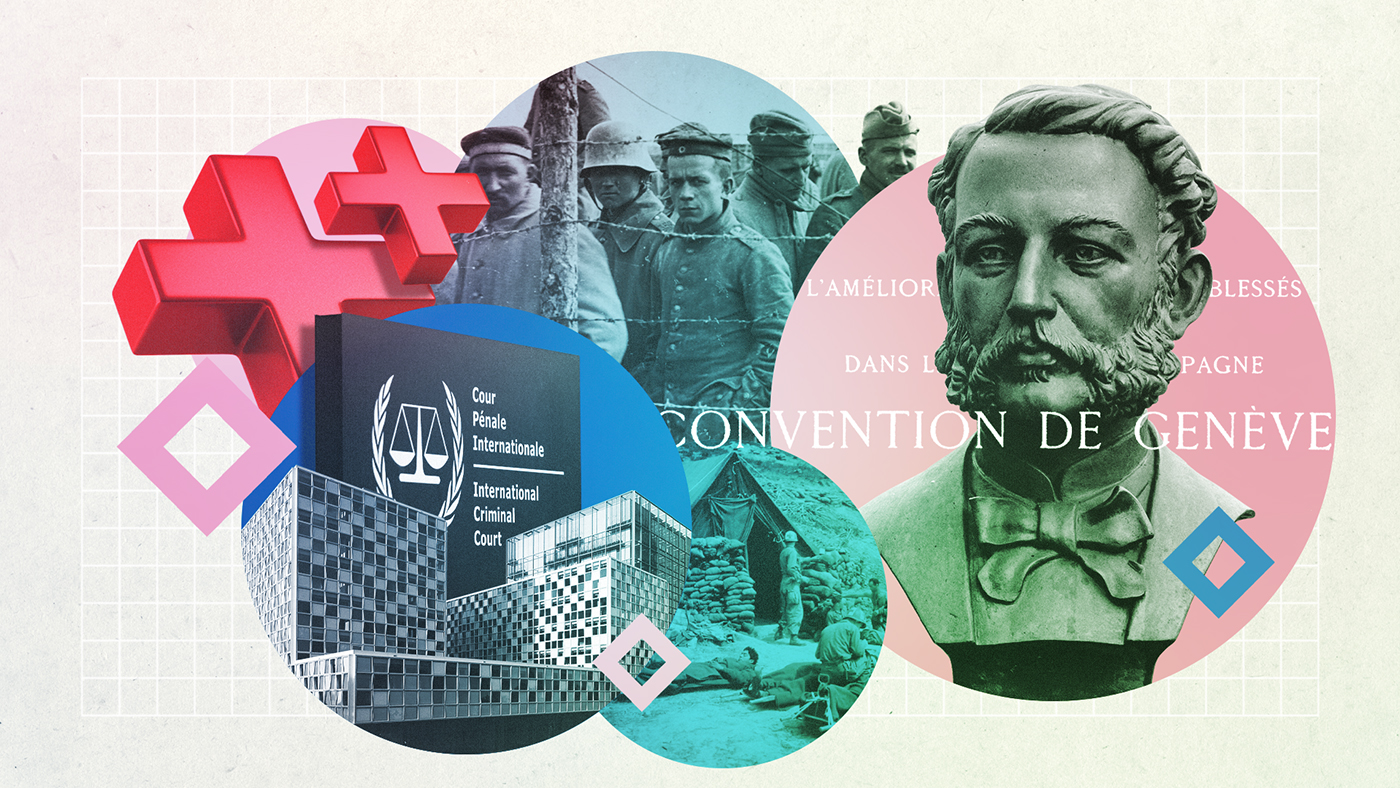 The Geneva Conventions explained in 60 seconds: ideas that changed the world
The Geneva Conventions explained in 60 seconds: ideas that changed the worldIn Depth How the international community brought humanity to warfare
-
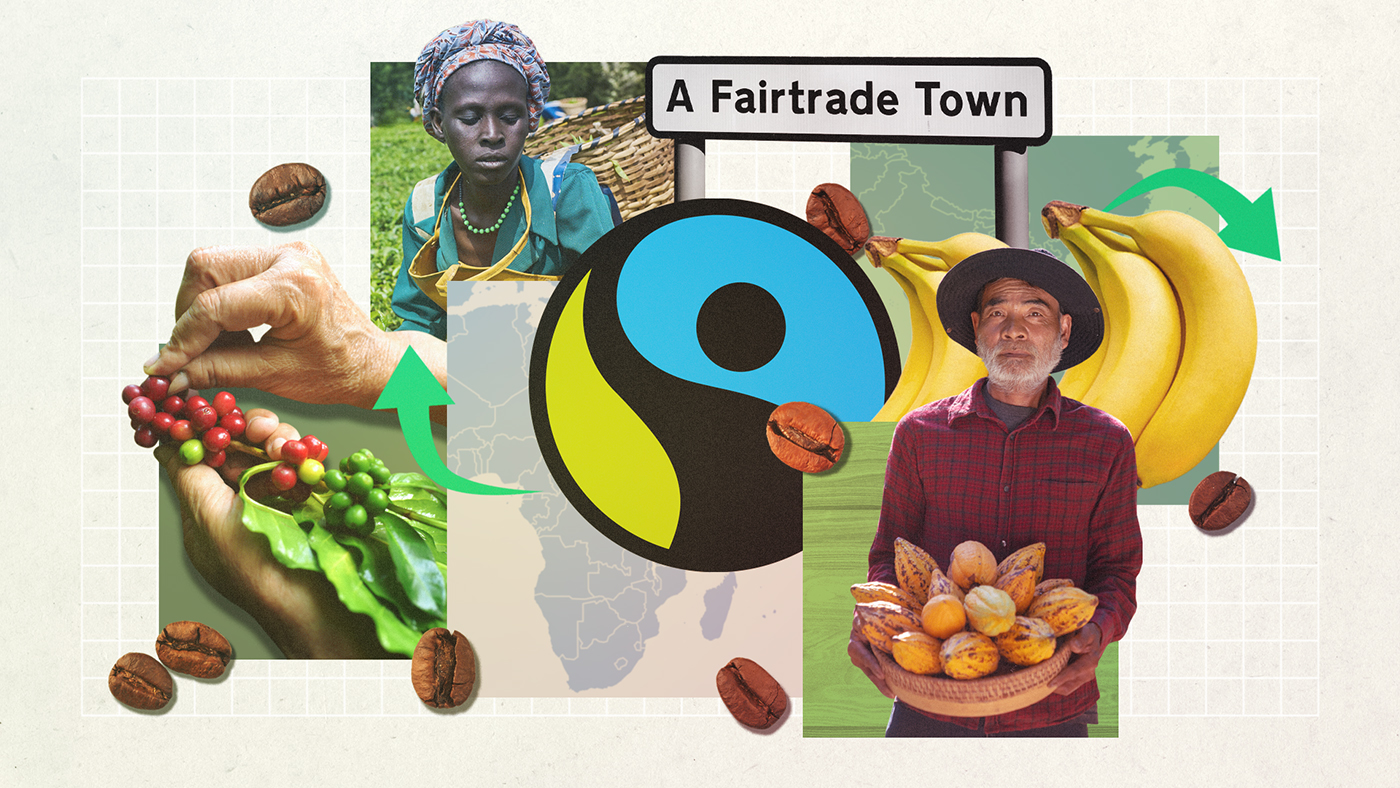 Fairtrade explained in 60 seconds: ideas that changed the world
Fairtrade explained in 60 seconds: ideas that changed the worldIn Depth How paying farmers fairly went from niche to necessary
-
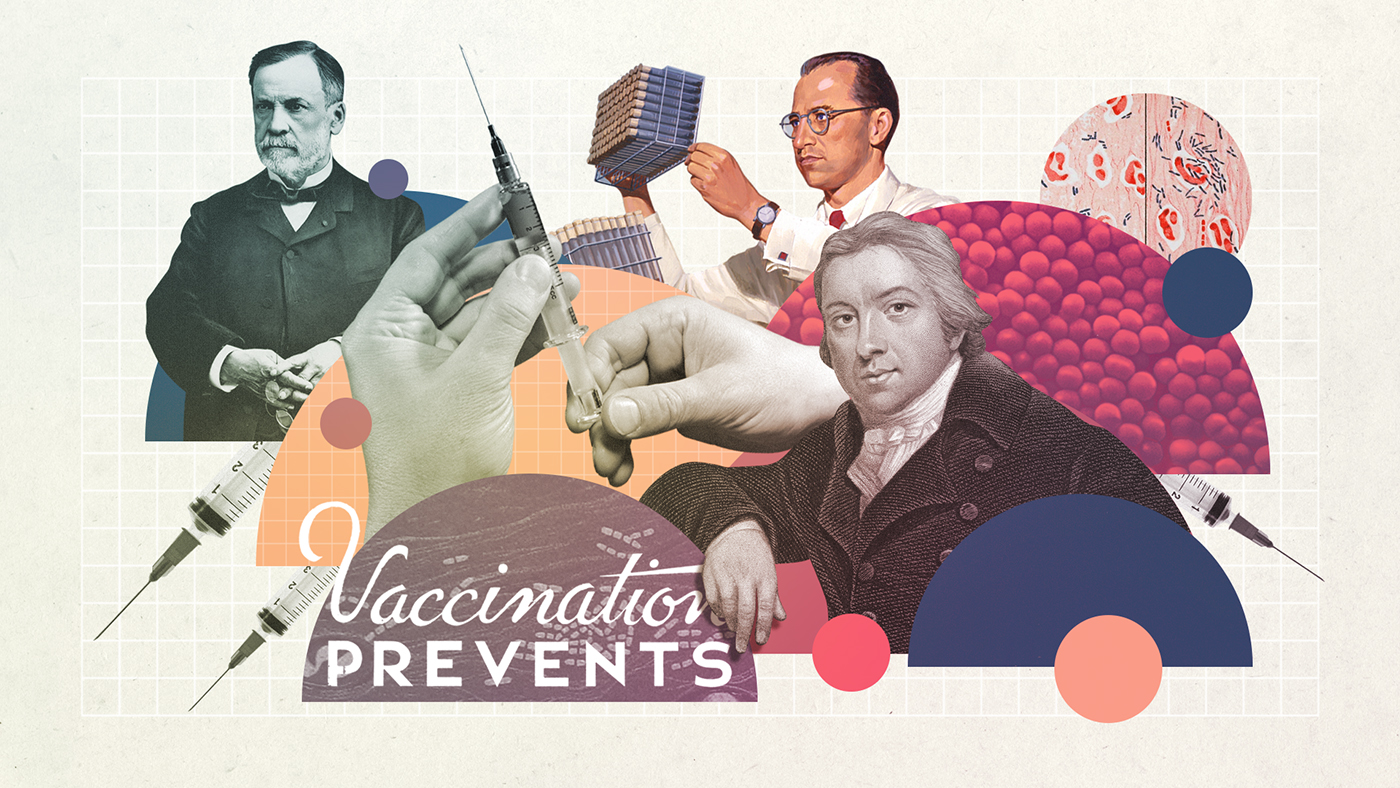 Vaccination explained in 60 seconds: ideas that changed the world
Vaccination explained in 60 seconds: ideas that changed the worldIn Depth How a medical breakthrough has saved countless millions of lives